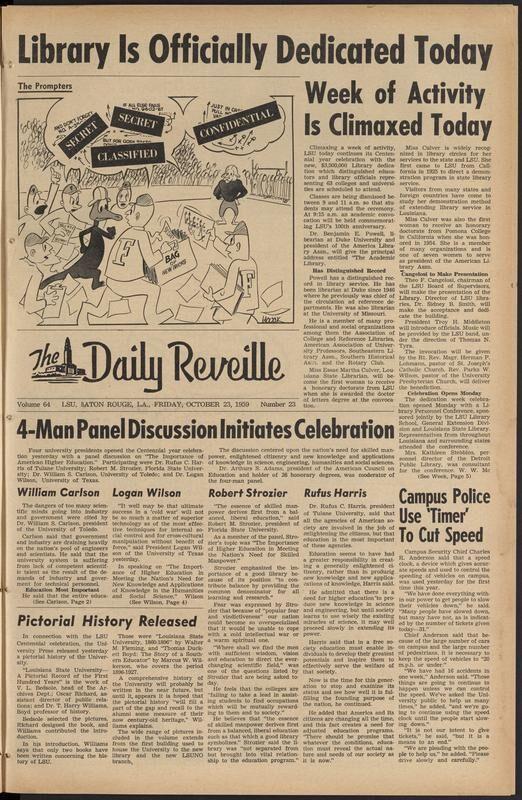Students may soon be held to a higher standard of academic honesty if a Faculty Senate resolution is passed.
At the University’s October Faculty Senate meeting, German professor Gundela Hachmann introduced a proposal to compare anti-plagiarism service providers for possible University use. The issue first came to light in the College of Humanities and Social Sciences’ Committee on Academic Planning and Program Evaluation. The committee reviews newly designed courses and changes to existing ones before they enter the course catalog.
“It came up during our committee meeting, and everyone said ‘this is a good idea — we should look into it,’” said Meredith Veldman, history professor.
Turnitin.com is one of the most well-known anti-plagiarism services. Approximately 7,500 educational institutions use Turnitin.com, according to the company’s website. Turnitin.com supports 12 different languages, including German and English. In addition, 69 percent of the top 100 colleges and universities listed on the News and World Reports’ ranking use the website.
The University doesn’t currently subscribe to anti-plagiarism software, but Veldman said she frequently finds cases of academic dishonesty.
“Every year I have found a student plagiarizing, but usually it is not intentional,” Veldman said. “In our cut-and-paste, mix-and-match culture, a lot of students don’t attribute their information correctly.”
Veldman said the software could be useful in fields such as political science and history but stressed she wouldn’t be in favor of the resolution if it forms an adversarial relationship with students. Instead, she proposed that students submit drafts to check if their paper contains cases of
academic dishonesty before turning in a final draft.
Plagiarism is also common in foreign languages.
“If an essay contains a structure that language learners usually don’t master before their second or third year, like the subjunctive mode or genitive case, I know that a student in the first semester cannot possibly have written it,” Hachmann said. “When I taught upper-level classes … I used search engines to check for plagiarism, if I suspected it.”
Student reactions were mixed. Kinesiology sophomore Megan Haygood said the program could show false cases of plagiarism.
“Someone’s paper could show that they were copying something when in reality they didn’t copy anything at all,” Haygood said. “The writing might be similar enough that it seems like plagiarism when it really is not at all.”
However, marketing senior Thomas Green said he is in favor of an anti-plagiarism service.
“There are a lot of students that spend hours writing term papers and essays,” Green said. “On the other hand, some people spend a few minutes copying some online essay.”
The resolution will be read for a second time and possibly voted on at the Faculty Senate’s November meeting.







